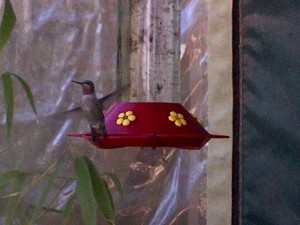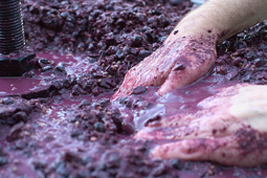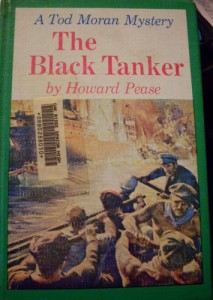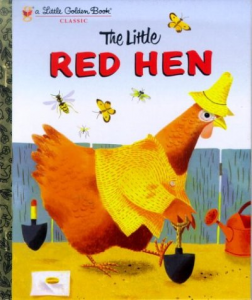Since my last blog in which I bemoaned what has become (temporarily, I hope) an all-consuming focus on things canine, I’ve actually discovered a way to write.
It’s true, that Mischa, the Newfoundland, is by my side 90 percent of the times. That’s because I’m under strict orders from the vet not to let her play, run, jump, frolic, cavort, prance, caper, gambol, romp or even walk more than a few steps. So, as long as she’s awake, I’m up and down . . . in and out . . . with Mischa. She’s a puppy that, after all, is constantly on the lookout for opportunities to engage in any and all of the above activities.
You might wonder what kind of writing I can get done when I’m interrupted every few minutes by a dog or a kid, or anything else for that matter. I was feeling sorry for myself and figuring I’d have to put it all aside, when I noticed a hummingbird buzz in to eat from a feeder that hangs about four feet from where I’m sitting. The little guy zoomed in, took a few sips and flew away. His wings never stopped beating. That’s when it hit me that if I really want to write, I’ll have to expect to do it more the way a hummingbird feeds and less as I would if I were enjoying a slow, leisurely, gourmet meal at a fine
 restaurant. I’ll need to pop in, write what I can, and zoom off to the next thing.
restaurant. I’ll need to pop in, write what I can, and zoom off to the next thing.
In the end, it comes down to realigning my expectations. If mine are such that the only way I can imagine myself writing is to require long, unbroken stretches of silence, I might as well give up now. But, if I can modify my expectations so that rather than wait for that perfect, interruption-free environment, I can see myself writing in short, frequently interrupted, bursts, I might surprise myself at what I can accomplish.
I’m not advocating this as the optimum way to write. It’s not. But it is a way to write. Eventually, I’ll need to carve out those long, uninterrupted periods so I can take what might be a jumble and turn it into coherent, well-written prose. My point, however, is that if I can “write like a hummingbird” and do what I can, when I can, I’ll be much farther along than if I wait for that perfectly silent, uninterrupted stretch of writing time.
Hmmmmmmmmmmmmmmmmmmm.


 expend energy feeling resentful, stressed or conflicted, I let myself enjoy our family and friends and did what needed to be done to insure good summers for our students. In short, I did my best to stay “in the moment” and use whatever downtime I had not to write, but to think about writing. The result: we had a very enjoyable, relaxed summer and, truth be known, I wouldn’t have accomplished much even if I had fretted about it. This way, having thought about it but not having butted my head against a wall, I’m ready to go with a sufficiently clear idea of how to proceed. This summer taught me an important lesson. Now all I have to do is remember it!
expend energy feeling resentful, stressed or conflicted, I let myself enjoy our family and friends and did what needed to be done to insure good summers for our students. In short, I did my best to stay “in the moment” and use whatever downtime I had not to write, but to think about writing. The result: we had a very enjoyable, relaxed summer and, truth be known, I wouldn’t have accomplished much even if I had fretted about it. This way, having thought about it but not having butted my head against a wall, I’m ready to go with a sufficiently clear idea of how to proceed. This summer taught me an important lesson. Now all I have to do is remember it! Rather than bash my head against a wall, I’ve found that it’s better for me to simply stop working on the project that has me frustrated and set it aside to quietly “ferment” while I tackle something else.
Rather than bash my head against a wall, I’ve found that it’s better for me to simply stop working on the project that has me frustrated and set it aside to quietly “ferment” while I tackle something else.

